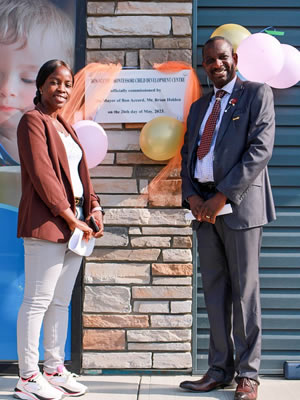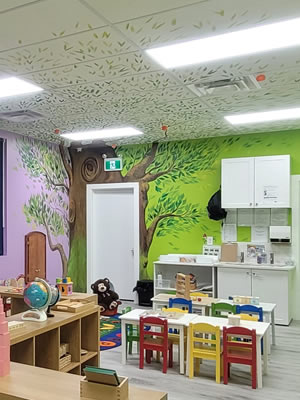The History of Montessori
The Montessori philosophy was developed by Dr. Maria Montessori, an extraordinary educator, scientist, and humanitarian who lived from 1870 to 1952. After graduating from medical school in Rome, Dr. Montessori's interest in psychology and education led her to work with children facing mental and physical challenges. She was inspired by the principles of French physicians Itard and Seguin, whose research formed the foundation of her teaching methods. Remarkably, the children she worked with made such rapid progress that they were able to pass standard school exams with ease. This early success confirmed Dr. Montessori's belief that children possess an innate ability to learn and thrive when given the right environment and support.
The Montessori philosophy was developed by Dr. Maria Montessori, an extraordinary educator, scientist, and humanitarian who lived from 1870 to 1952. After graduating from medical school in Rome, Dr. Montessori's interest in psychology and education led her to work with children facing mental and physical challenges. She was inspired by the principles of French physicians Itard and Seguin, whose research formed the foundation of her teaching methods. Remarkably, the children she worked with made such rapid progress that they were able to pass standard school exams with ease. This early success confirmed Dr. Montessori's belief that children possess an innate ability to learn and thrive when given the right environment and support.
Fostering Independence and Lifelong Learning
Over the past century, Dr. Montessori's theories have been validated by countless educators and researchers. Her approach demonstrated that children can learn to read, write, and calculate as naturally as they learn to walk and talk. The Montessori classroom is designed to support this natural learning process, providing children with the tools and freedom to explore subjects at their own pace, during their own periods of interest and readiness.


Sensitive Periods: A Key to Early Learning
One of Dr. Montessori's most significant contributions to education is her observation of "sensitive periods" in early childhood development. These are specific times when a child is particularly receptive to learning certain skills or characteristics, such as climbing stairs, organizing objects, counting, or reading. Modern research has reinforced the importance of these sensitive periods, showing that children learn more effectively when their education aligns with their natural developmental stages.
In a Montessori classroom, this concept is central to the learning experience. Children are given the freedom to choose activities that resonate with their current interests and developmental needs, allowing them to fully engage with their learning during these critical periods. By respecting and nurturing these sensitive periods, the Montessori approach helps children develop a deep and lasting love for learning, setting the foundation for a lifetime of intellectual curiosity and growth.The enduring impact of the Montessori philosophy is reflected in the words of Nobel Laureate and Montessori alumnus Gabriel Garcia Marquez, who once said, “I do not believe there is a method better than Montessori for making children sensitive to the beauties of the world and awakening their curiosity regarding the secrets of life.”




